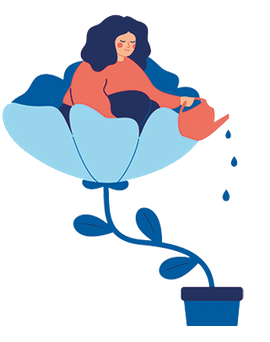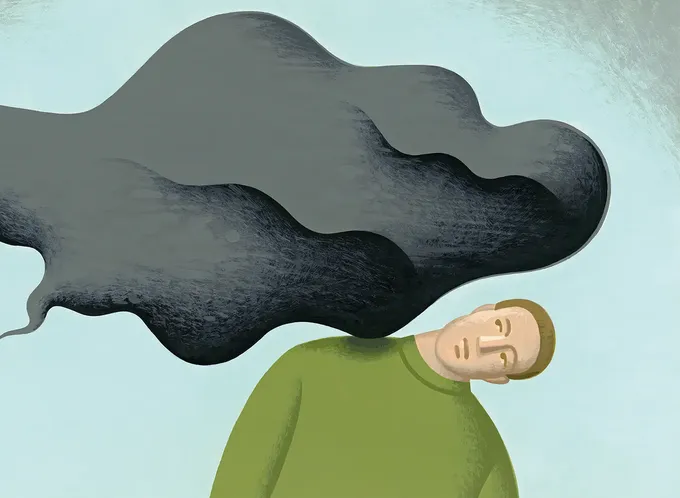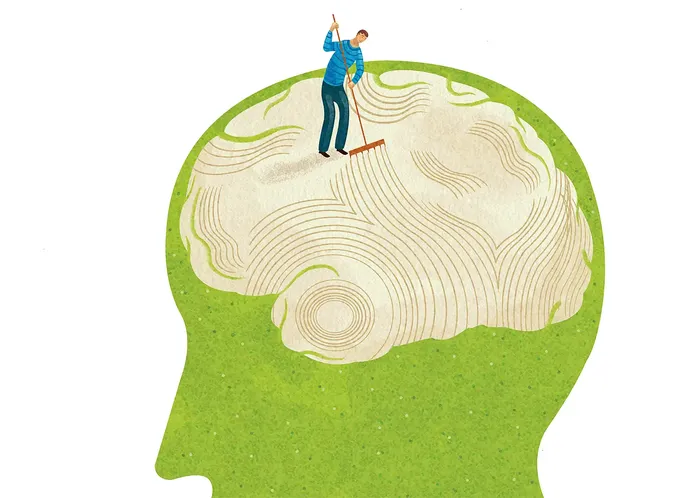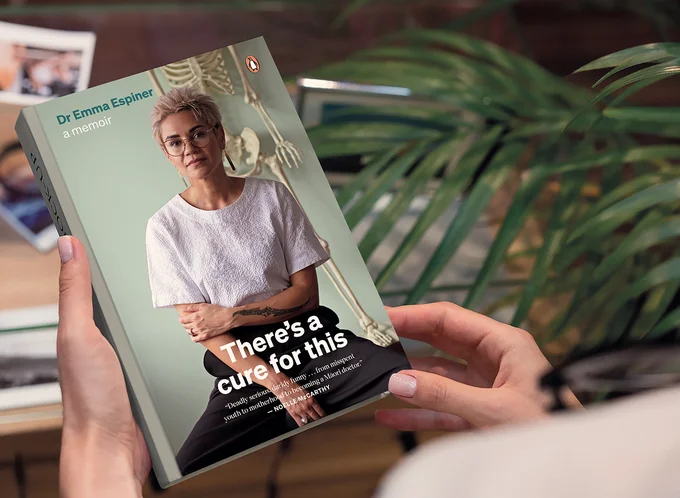Burnout is a word that’s bounced around a lot these days, but how is it different from standard stress, and how can you avoid it if you think you’re at risk? Libby Schultz talks to MAS Member and psychotherapist, Kyle MacDonald about how professionals can stay well in an increasingly hectic world.
Most of us experience it from time to time – that tired-to-your-very-bones feeling after a long and particularly gruelling day (or week) at work.
But what if you wake up feeling that way? Or if the job you previously enjoyed suddenly feels like the last thing you want to do?
We asked MAS Member and Auckland-based psychotherapist Kyle MacDonald about the symptoms of burnout, who’s most at risk and what to do if you find yourself running on empty.
You’ll know it when you feel it
Although burnout isn’t a medically defined term, Kyle says people instinctively know what it means. It’s a gut feeling.
“In simple terms, it’s struggling under chronic stress and feeling like there’s nothing left in the tank.”
Unlike other mental health issues, burnout is generally straightforward to identify.
“When we talk it through, people can usually see there’s something about their work that’s impacting them in unhelpful ways.”
And although the symptoms can be similar to depression, there’s a key difference.
“With burnout, it’s easier to recognise the cause. You’re effectively saying ‘hey, I’m really exhausted and worn out and it’s because of my job or my role’, which I think can be quite validating for people because it’s likely to improve when we remove the stressor.”

Who’s most at risk?
Kyle says certain professionals – and personality types – are typically at higher risk of burnout.
-
It’s your type of job
“Being constantly exposed to emotionally overwhelming experiences can quite quickly push people down the path to burnout. We’ve had a lot of first responders calling in to the radio show – paramedics, police, fire and emergency workers, even the likes of journalists who are often there on the frontline.”
-
It’s the system you’re working in
“Unfortunately, there are particular industries or ways of working that actually set people up for burnout where there isn’t enough support or the level of pressure is just unsustainable. Often a person’s compassion or desire to help others can get exploited by systems that demand more and more from a shrinking workforce.”
-
There are high expectations (from others or yourself)
“Some professions require an unrelenting and consistently high level of performance where there are serious consequences if you’re not on top of your game. High expectations can also be self-imposed. Burnout often affects people who are perfectionists. They struggle to let things go or let things be ‘good enough’.”
Strategies to turn things around
Kyle says the first step is to apply “all the boring stuff that everybody knows by now” – exercising, eating well, getting enough sleep and reducing alcohol.
He also recommends talking things out with a trusted colleague or your workplace EAP provider. And if you can, schedule some time off work.
“I’m a big fan of taking mental health days. Sometimes in the short term, the best thing we can do is crawl back under the duvet for a day or two.”
But what if the feelings persist? You’ll know it’s time to see your GP, therapist or health professional when:
- you’ve taken a break from work but don’t feel any better
- you feel stuck and unable to apply the self-help tools by yourself
- the work stress has become all-pervasive and you can’t switch off
- it’s affecting your relationships, parenting or other non-work roles.
“If you’re stuck in burnout, the first step will be to take care of the basics and get you activated again. We need to start wherever we are, and it might be as simple as walking around the block. From there, we look at strategies for making the necessary changes in your life.”
Finding the upside
The good news is that burnout can be a catalyst for positive change – whether it’s a complete career pivot to something more meaningful or introducing little changes to make life more joyful.
Kyle says, “It’s often too easy in life to coast along doing what we’ve always done, because making change is hard. We sometimes need to get to these crunch points to force us to stop and reassess our lives.”
Recognising the risks and symptoms of burnout can help you (or someone close to you) move their life in a more positive direction.
“View it as an opportunity to make those changes, big or small, that will make us happier and healthier in the long term.”
Some early signs and symptoms of burnout

- Chronic exhaustion and feeling that you can never get enough rest (even after a good night’s sleep).
- Starting to feel cynical about your job – that it no longer holds the same personal meaning or satisfaction for you.
- Generally feeling less capable in your work – you struggle to engage with or complete tasks.
- Changes to eating or sleeping patterns or work issues keeping you awake at night.
- Increased alcohol intake in response to stress.
- Conflict or irritability at home with partners or family.
- General lethargy or a slowing of physical activity.
Kyle is an Auckland-based registered psychotherapist with 20+ years clinical experience. He’s co-host of the The Nutters Club, a long-running mental health show on NewstalkZB, and recently published his first book,Sh*t Happens: Lessons for dealing with life’s ups and downs.
Know someone who might enjoy this?
Read this next
-
November 2022
OnMAS reader survey results
-
March 2023
Will the next generation be smokefree?
-
August 2023
Staying well in an unpredictable world
-
November 2023
Called to theatre
Good living
See all-
March 2021
In review
-
March 2021
Manaakitanga – more than just hospitality
-
March 2021
Land, sea and myth: Revisiting Hawke's Bay
-
July 2021
Breaking bread at Everybody Eats








